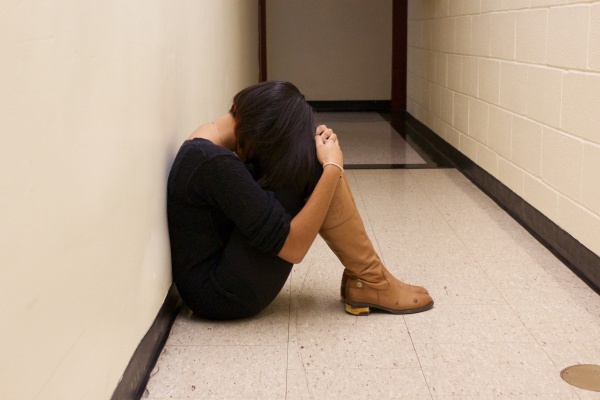In Defense of Trigger Warnings
October 22, 2015
Recently there has been a lot of criticism, particularly pointed at college campuses, for being too sensitive and fostering overly politically-correct discourse. Some students have asked professors to label potentially jarring content on their syllabi with trigger warnings; some have stymied potential guests from speaking at their campuses due to possibly offensive material; and some have created designated safe spaces on campuses meant to serve as a refuge from the unpredictable and emotionally triggering environment around them.
The BBC defines a trigger warning as “a sentence or a few words to caution readers about the content which will follow. The author adds a warning in recognition of strong writing or images which could unsettle those with mental health difficulties. They exist so readers can choose whether or not to read any further.” Being exposed to triggering content can carry similar effects to that of Post Traumatic Stress Disorder (PTSD) and can leave the recipient in an emotionally distressed or psychologically vulnerable state.
In September, The Atlantic released an article titled “The Coddling of the American Mind” that focused on calling out these “overly sensitive” students by explaining that they were doing themselves a disservice by choosing not to hear opinions they might disagree with. The article argued that trigger warnings are serving as a deterrent to students with differing opinions, effectively stifling freedom of speech as well as quelling healthy debate that is a necessary part of an academic and social education.
However, trigger warnings are not the problem – they are only a solution. Trigger warnings are to mental and emotional health as allergen warnings on food labels are to physical health. Would you condemn someone’s stomach for being overly sensitive if she had to read a label before consuming food to make sure it didn’t contain gluten? If you baked brownies for your classmates but failed to mention that they contained nuts, and one of the students in the class with a severe nut allergy ended up in the hospital, wouldn’t you feel responsible for his hospitalization because you didn’t tell him there were nuts in the brownies? In the same way that we have to prepare ourselves for the worst possible outcome – death – of an allergy attack by mandating labels on food, acknowledging that dissociation, panic attacks or traumatic flashbacks can occur from being exposed to triggering content should be handled in the same way. We should work to prevent these episodes from occurring before they happen by labelling content that could cause people to suffer psychological effects from it.
The issue is not that trigger warnings are too coddling – the issue is that mental health is somehow seen as a less valid concern than physical health. The argument that mental illnesses are invisible and thus are intangible, so they do not warrant the same concern is ridiculous. There are plenty of invisible physical illnesses and disabilities, but those are valid and credible and receive the necessary attention they deserve. You can’t invalidate how someone else is feeling just because you don’t understand it or have not experienced it yourself. When someone says they are allergic to something you don’t question it, and you give her the courtesy of labelling things that could hurt her. Why is the mental and emotional well-being of someone any less valid?
Oftentimes, the people who are against trigger warnings are the people that have not experienced emotionally traumatic situations, so they really should not have any authority on the matter. If you are not triggered by content, then the inclusion of trigger warnings will not change your life in any way. However, if you are one of the many people who suffers from emotional trauma or has a mental illness, then trigger warnings could help you a great deal.













Shay • Oct 27, 2015 at 9:39 pm
Well said. The idea that people are “too sensitive” is part of the same cultural mindset that allows emotional dysfunction to thrive. Thanks for writing this.